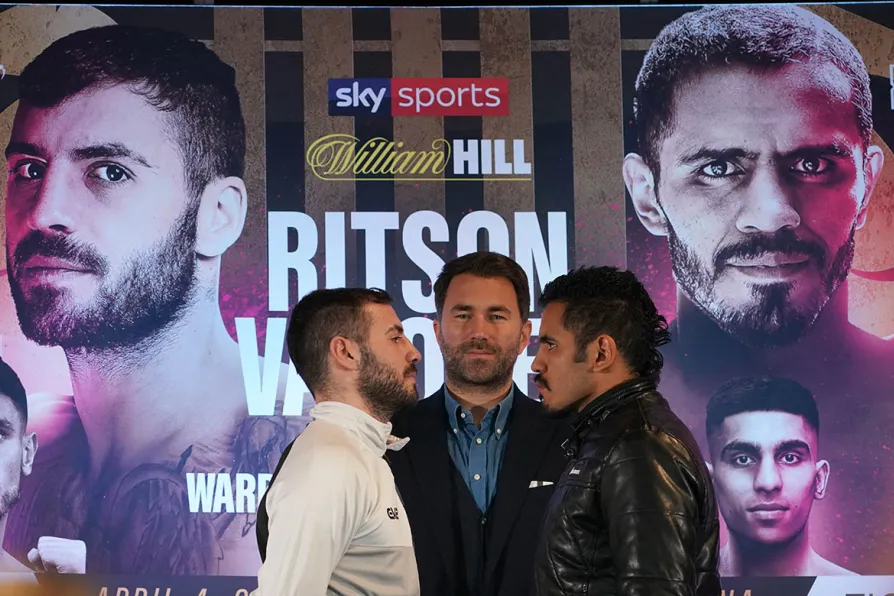
 Newcastle’s Lewis Ritson and Miguel Vasquez of Mexico
Newcastle’s Lewis Ritson and Miguel Vasquez of Mexico
BOXING, I have said in this column more than once, is a mirror like no other sport in the way that it reflects the best and worst of the human condition. What’s unusual is to see both on display on the same night on opposite sides of the world.
The former took place in Las Vegas last weekend, where the seemingly invincible Ukrainian maestro of the squared circle, Vasily Lomachenko, locked horns with a hardly ripe 23 year old Teofimo Lopez of Brooklyn, New York by way of Honduras. What ensued was the near complete shutdown of Loma by Lopez over 12 rounds in the kind of controlled and disciplined performance you’d associate with a veteran of the sport, rather than one so young.
Though “ordinary” is not a word you would normally ever place either before or after the name of Vasily Lomachenko in a sentence written while in full command of your faculties, ordinary is precisely how the 32-year-old former WBO, WBC and WBA lightweight champion looked for long stretches of the fight, reflected in the wide unanimous decision the judges awarded Lopez at the final bell.














